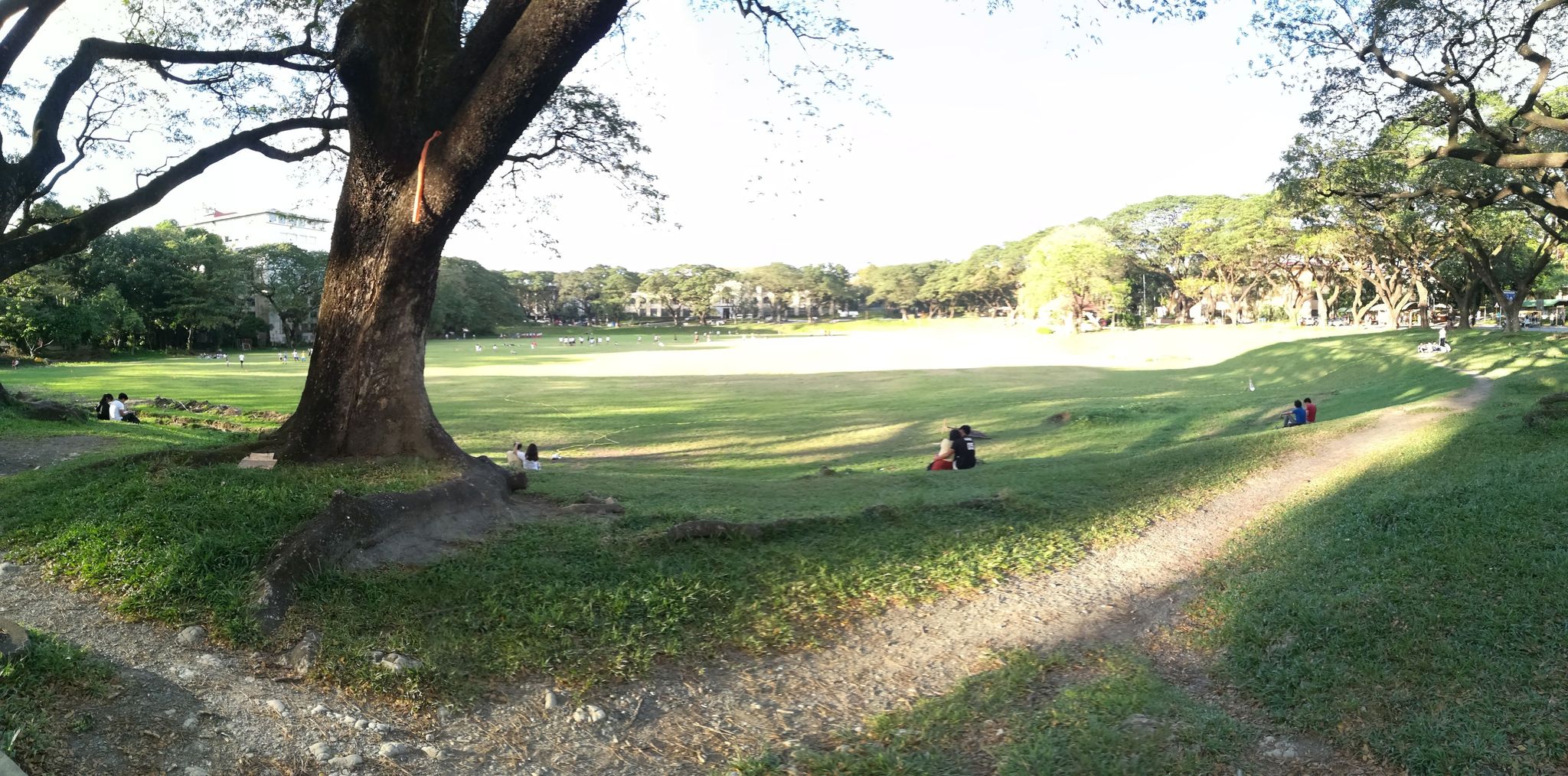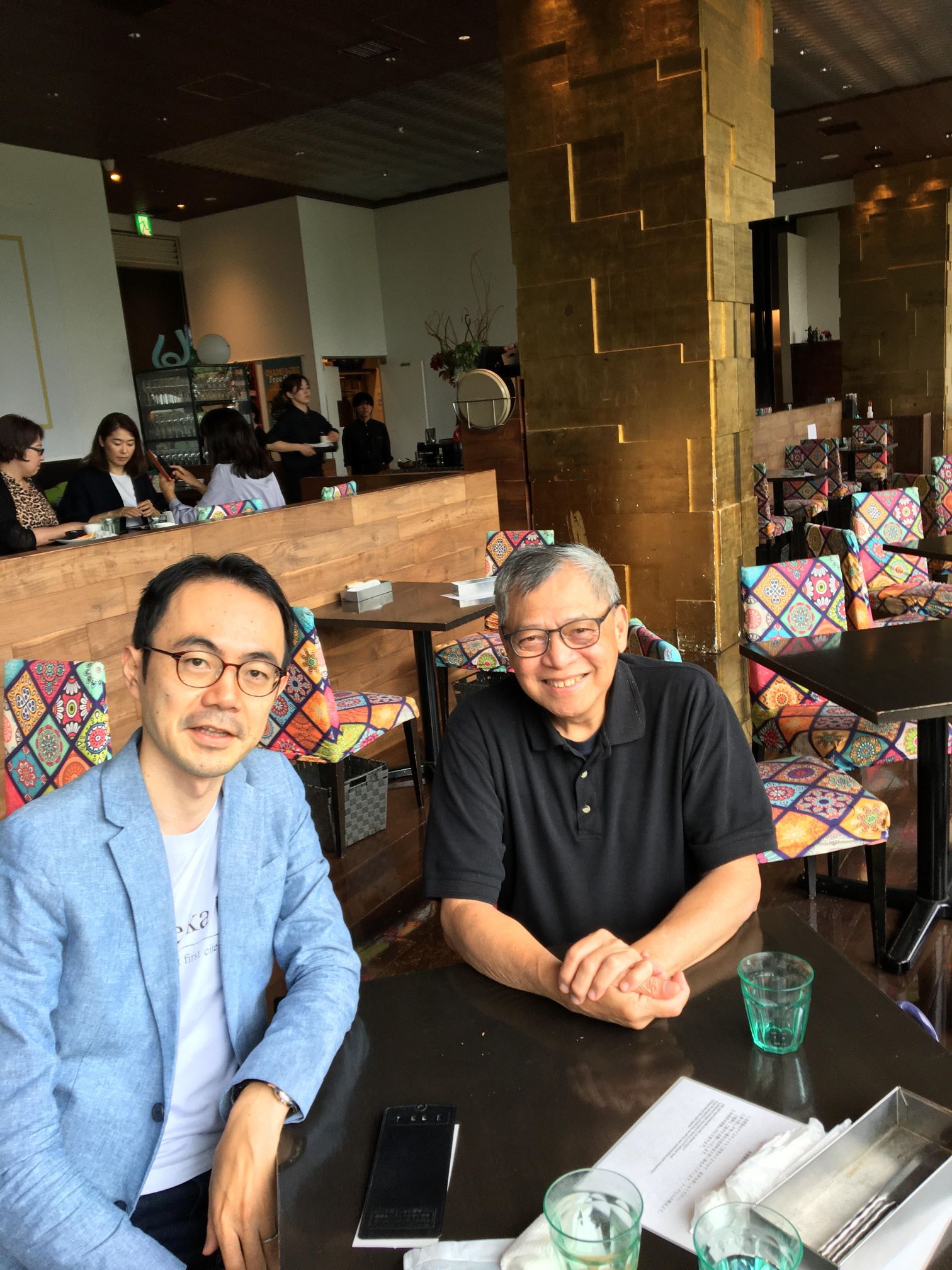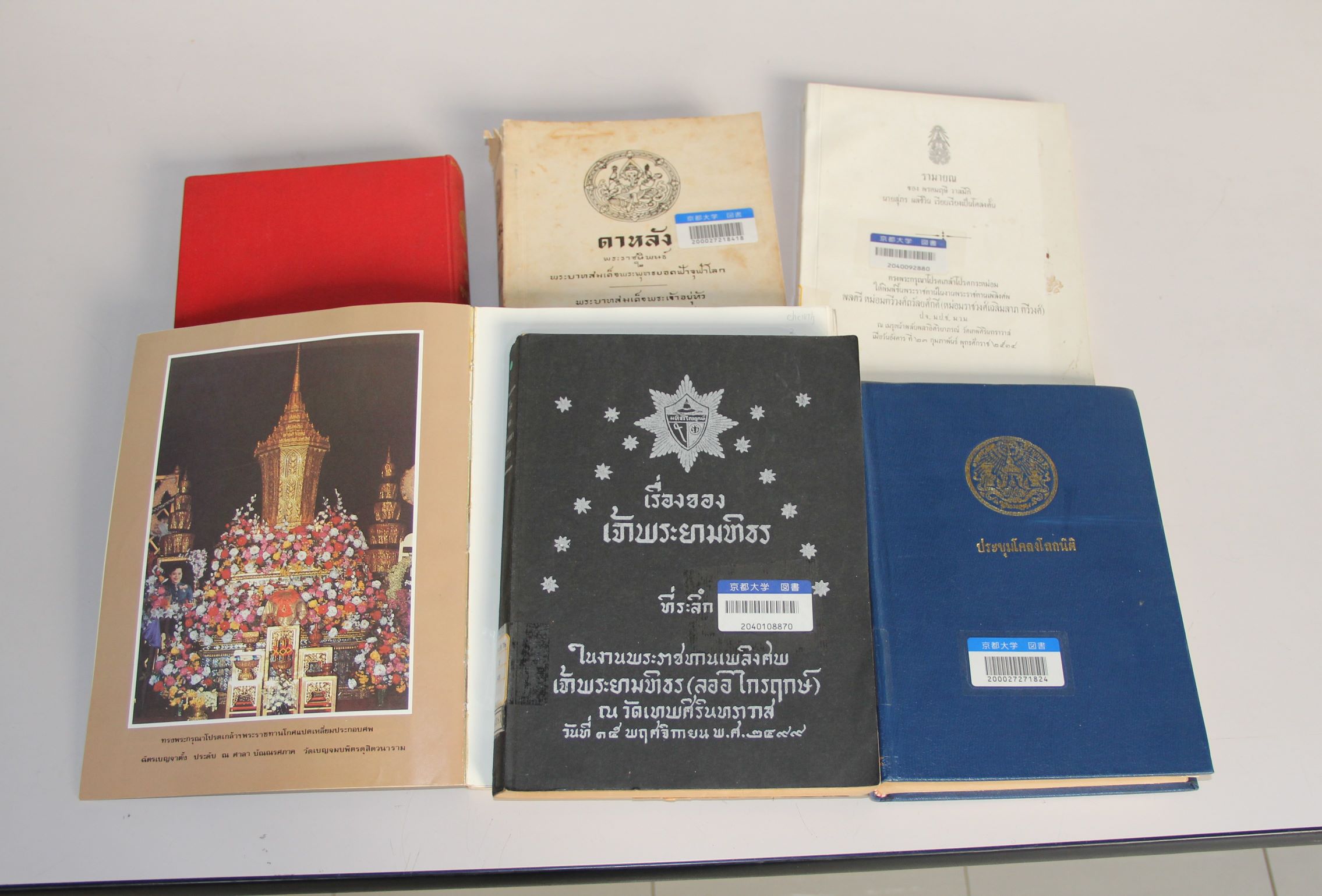CSEAS Fellowship
"The Everyday Politics of the University of the Philippines: on the Streets, Classroom, and the Malacañang"
R6-7 5-1 (R6 AY2024)
| Takagi Yusuke (National Graduate Institute for Policy Studies) | |
| Collaborators | Patricio Nuñez Abinales (University of Hawaii-Manoa) Okamoto, Masaaki (Kyoto University, Center for Southeast Asian Studies) |
| Research Project | The Everyday Politics of the University of the Philippines: on the Streets, Classroom, and the Malacañang |
| Countries of Study | Philippines |
Outline of Research
We study the role of the University of the Philippines in governing or rebelling against the Philippines. Specifically, we study the network of alumni, faculty, and student leaders as a hub of various political actions and policymaking. As part of the research, we invite Professor Patricio Abinales to Kyoto in 2025.
Purpose of Research, Its Significance and Expected Results, etc
We aim to enrich our perspective on Philippine politics by revealing the policymakers’ network in the restored Philippine democracy with a special focus on particular policy areas.
We find two significant contributions to the literature in this research project. First, we examine the role of the human network in making a specific pattern in policymaking. In Philippine studies, scholars highlight the messy political process shaped by the strong president and weak party system. Against this backdrop, we study the network of experts who are not necessarily the permanent staff of the government but members of an ad-hoc task force or informal advisors to the decision-makers. Whereas the scholars who study student activism and the role of civil society organizations in politics tend to consider significant but often abstract concepts such as democracy or populism, we scrutinize the role of the human network in specific policymaking.
Second, we shed new light on the role of the University of the Philippines. The university provides not only the best and brightest as well as the revolutionary in the Philippines as an educational and research institution but also functions as a de-facto think tank of the government. The university provides the human network sustained by particular expertise. We focus on major colleges and schools such as the College of Law, the College of Engineering, and the School of Economics. These faculties provide a network of alumni, incumbent faculties, and student leaders who work for the government as bureaucrats, members of particular panels or task forces, or the authors of position papers on particular policy issues. Those who study the political network highlight the communal ties shaped by dynasties and underestimate the role of institutions. Meanwhile, in this project, we scrutinize the dynamics of policymaking sustained by the association the university nurtures.



